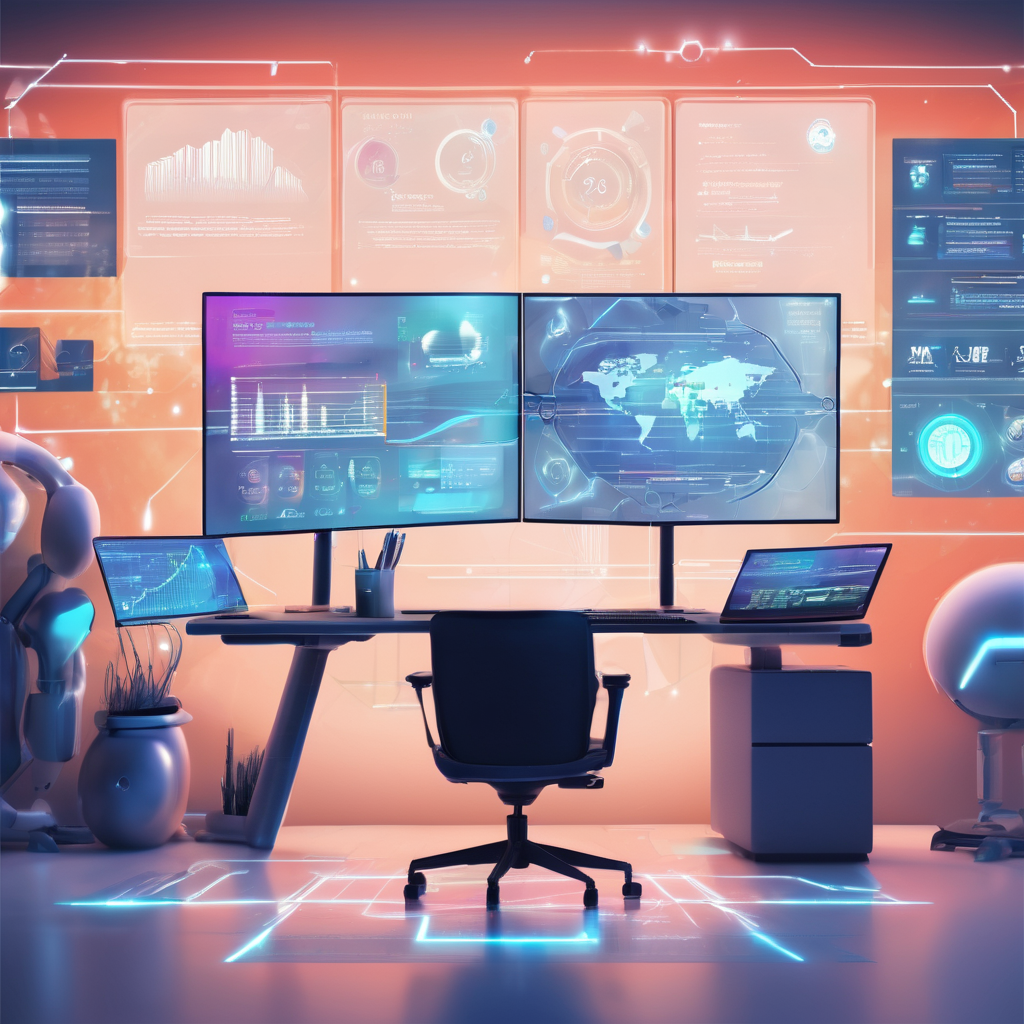
I was initially drawn to English because of my fascination with the analytical side of critiquing literature and interpreting poetry, which I found highly engaging. Currently, I work at a company that leverages AI for predictive analytics within the insurance sector. My responsibilities include training processors to extract data, which is then organized into templates and databases. Additionally, I work in prompt engineering, gaining insights from extensive medical records and attorney statements. This role marked my transition from studying English to entering the technology field. During my third year of college, I realized that committing to another ten years of education for medical school was not my path. This led me to explore alternative careers, during which I discovered the importance of data science, machine learning, and AI. Data science resonated with me because it resembled my experience in English literature—making connections between data points and evaluating their relationships and impacts. I pursued self-study in data science through platforms like Coursera and Udemy, completing numerous courses to learn coding and deepen my understanding of AI and machine learning. With the emergence of ChatGPT, I extensively experimented with it, further sharpening my prompt engineering skills.
Seeking mentorship, I spoke with a senior AI hiring manager at Tesla. Following her advice, I began studying MIT OpenCourseWare, watching many lectures, completing assignments, and taking practice quizzes. To secure a job, I applied widely and actively reached out to hiring managers and directors. My first job in the AI field came after a conversation with a startup CEO who offered me a position following an interview. Similarly, I landed my current role by reaching out to another startup CEO; our brief interview led to an internship that eventually became full-time employment. Initially, I was apprehensive about moving into tech, worrying about the learning curve before finding a job. However, thanks to my father’s guidance—he works in tech—I understood that one doesn’t necessarily need extensive formal education to master the fundamentals and enter the industry. I have no regrets about majoring in English literature, despite some doubts along the way. One of the greatest benefits of studying English has been developing the ability to consider multiple perspectives, a skill that has been invaluable in AI and data science, where exploring different angles is crucial. I’ve noticed that this mindset is less common in STEM fields, which often focus on a single correct answer. For anyone contemplating a similar shift, I believe it’s vital to identify the elements of your humanities background that you truly enjoy and find ways to apply those skills beyond the field. This approach demonstrates creativity to employers and highlights your ability to transfer knowledge across domains, increasing your value in the job market.
From English Literature to AI: A Journey into Data Science and Machine Learning


Artificial intelligence (AI) is becoming an essential tool for improving user experience and engagement through advanced search engine optimization (SEO) techniques.

For a glimpse of today’s turmoil, look no further than the nearest office.

Runway, a leading artificial intelligence company focused on creative tools for content creators, has announced an innovative partnership with IMAX to showcase AI-generated films across 10 major U.S. cities.

CNN's Jake Tapper utilized OpenAI's new Sora 2 app, an AI video generator, to illustrate some of the potential dangers posed by AI-generated video.

A recent report jointly published by Vivun and G2, titled State of AI for Sales Tools 2025, highlights the significant adoption and integration of artificial intelligence (AI) within the sales profession.

OpenAI has officially introduced its latest breakthrough, the GPT-5 Pro API, marking a major advancement in the development of AI language models.

The latest SMM Maritime Industry Report (MIR) highlights that the biggest concerns for the maritime industry are the shortage of skilled labor, high energy costs, and increasing bureaucracy.
Launch your AI-powered team to automate Marketing, Sales & Growth

and get clients on autopilot — from social media and search engines. No ads needed
Begin getting your first leads today